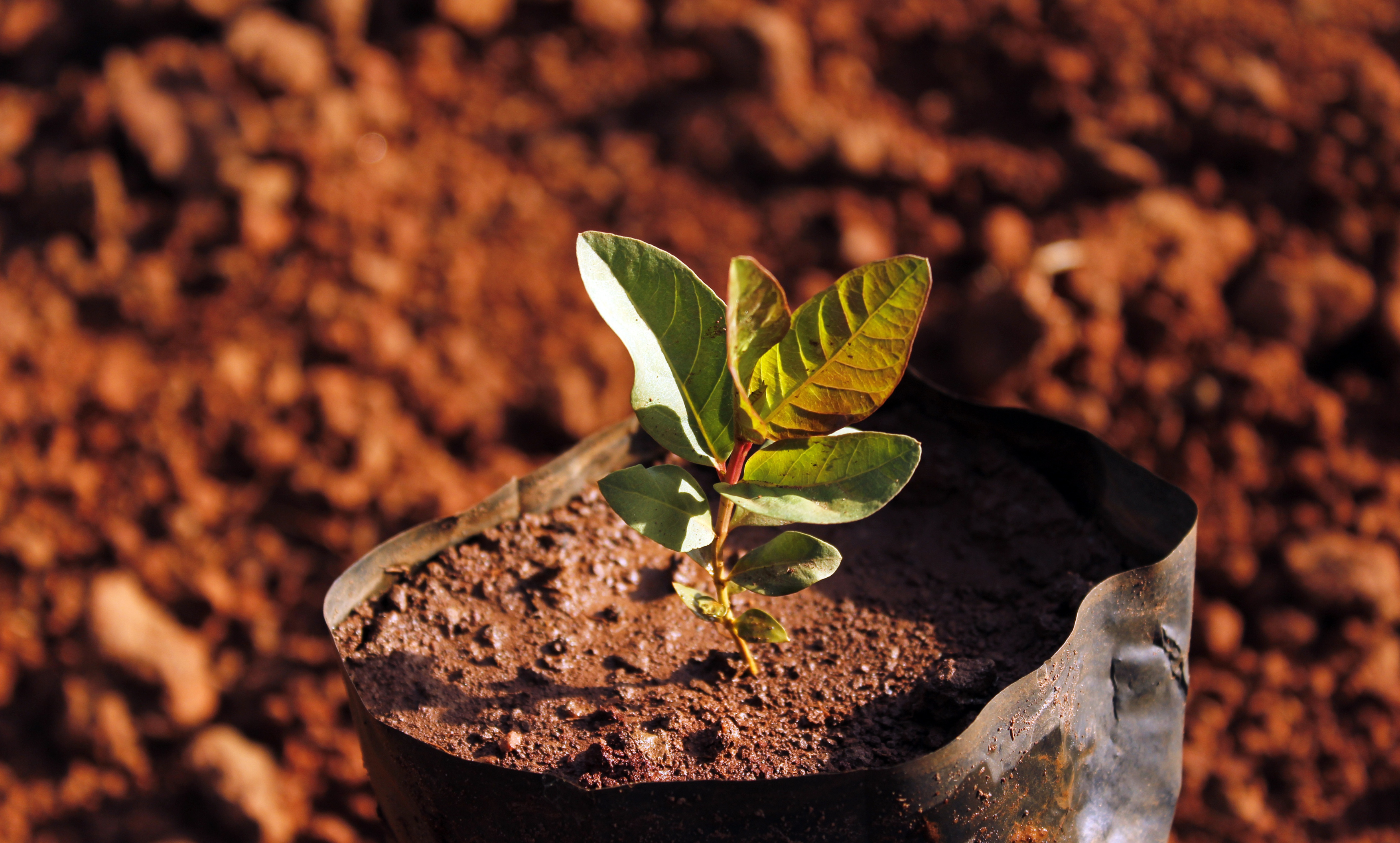The 30th United Nations Climate Change Conference (COP30) will take place from November 10 to 21, 2025, in Belém, in the state of Pará, Brazil. This will be the first time that a city in the Amazon hosts a COP, highlighting the importance of this essential biome in the fight against climate change.
Belém: a symbolic and strategic choice
The selection of Belém as the host of COP30 is not just a logistical decision, but a political and symbolic statement. Located in the Amazon region, the city represents the epicenter of discussions on deforestation, biodiversity preservation, and climate justice. Brazil will thus have the opportunity to show the world its commitment to sustainability and the future of the planet.
Main topics
COP30 is expected to address a series of crucial topics for the planet's climate future:
-
Emission Reduction: Countries should present new targets to limit global warming to 1.5 °C, as established in the Paris Agreement.
-
Climate Adaptation: Strategies for communities and nations to prepare for the impacts of climate change will be discussed in depth.
-
Climate Financing: A strengthening of financing mechanisms to support developing countries in implementing climate solutions is expected.
-
Renewable Energy: The energy transition will be one of the pillars of the conference, with emphasis on clean and low-carbon technologies.
-
Preservation of Tropical Forests: The Amazon will be at the center of discussions, with proposals to halt deforestation and protect biodiversity.
-
Climate Justice: Inclusion of the most vulnerable communities in decisions will be a priority, with special focus on indigenous and traditional peoples.
Brazil's proposals at COP30
Brazil intends to take a leadership role during the conference, presenting concrete initiatives, among which stand out:
-
Tropical Forest Fund: A proposal to create an international fund of 250 billion dollars for the preservation of tropical forests.
-
Brazilian Sustainable Taxonomy (BST): A system to classify sustainable investments and avoid greenwashing practices.
-
Integration of Carbon Markets: Proposal to create a globally interconnected system of carbon markets, promoting greater cooperation among countries.
Challenges
Despite high expectations, Brazil will have to overcome several challenges:
-
Deforestation: It will be essential to present concrete results in combating illegal deforestation in the Amazon.
-
Belém's Infrastructure: The city will have to prepare to receive tens of thousands of participants, which implies significant improvements in mobility, sanitation, and accommodation.
-
Inclusion of Indigenous Peoples: Active and respectful participation of indigenous communities in negotiations will be crucial to ensure legitimacy of decisions.
Expectations of the International Community
The global community expects COP30 to mark a new cycle of ambitious and practical commitments, including:
-
Stricter targets for emission reduction;
-
Strengthening of international climate financing;
-
Concrete advances in the energy transition;
-
Valuing climate justice and social equity.
COP30 will be a historic milestone not only for Brazil but for the entire planet. Held in the heart of the world's largest tropical forest, the conference represents a unique opportunity to redefine the global climate agenda focusing on preservation, equity, and action.
The success of COP30 will depend on cooperation among governments, civil society, the private sector, and local communities. With political will and global commitment, Belém could become the symbol of a new climate era — more just, inclusive, and sustainable.
Image: joaolimafotografias/Reproduction



Share this article:
How to save energy when using technology?
What is the best browser?